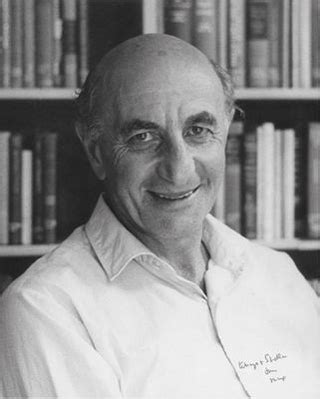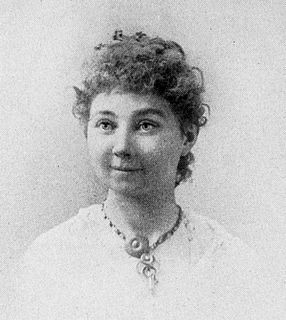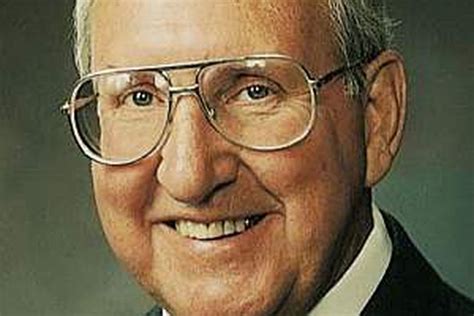A Quote by William Gilmore Simms
Genius is the very eye of intellect and the wing of thought; it is always in advance of its time, and is the pioneer for the generation which it precedes.
Related Quotes
Genius is its own reward; for the best that one is, one must necessarily be for oneself. . . . Further, genius consists in the working of the free intellect., and as a consequence the productions of genius serve no useful purpose. The work of genius may be music, philosophy, painting, or poetry; it is nothing for use or profit. To be useless and unprofitable is one of the characteristics of genius; it is their patent of nobility.
It is not difficult to understand why the great God of heaven has reserved these special spirits for the final work of the kingdom prior to his millennial reign.... This generation will face trials and troubles that will exceed those of their pioneer forebears. Our generation has had periods of some respite from the foe. The future generation will have little or none....This is a chosen generation.... I believe today's [Church youth] will lead the youth of the world through the most trying time in history.
We don't always possess faith in the sense of having a clear embodiment of something to hang on to. The relationship between the intellect and faith is a very curious one. Sometimes the intellect can point us to faith, sometimes the intellect can stand in the way of faith. Sometimes, as St John of the Cross points out, we have to darken or blind the intellect in order to have faith.
As is well known the principle of virtual velocities transforms all statics into a mathematical assignment, and by D'Alembert's principle for dynamics, the latter is again reduced to statics. Although it is is very much in order that in gradual training of science and in the instruction of the individual the easier precedes the more difficult, the simple precedes the more complicated, the special precedes the general, yet the min, once it has arrived at the higher standpoint, demands the reverse process whereby all statics appears only as a very special case of mechanics.







































